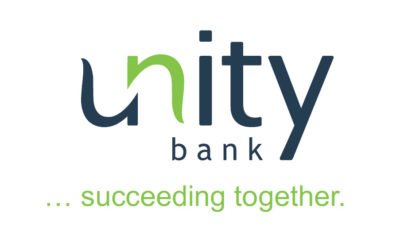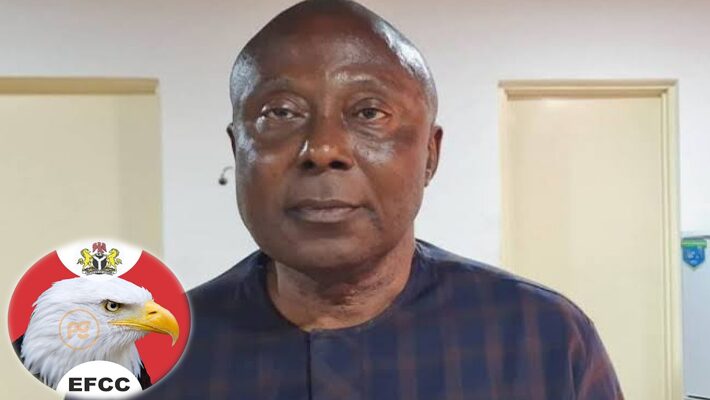Finance
First Bank Rewards Customers in it’s Visa Gold Cashback Campaign

Banking Sector
UBA Grows Interest Income Jump by 169% to N1.799 Trillion
Finance
FAAC Distributes N1.298trn to FG, States, LGCs
Finance
Former AGF, EFCC Opt For Plea Bargain Settlement in Alleged N1.6bn Fraud Case
-

 Naira4 weeks ago
Naira4 weeks agoDollar to Naira Black Market Exchange Rate Today 24th, September 2024
-

 News3 weeks ago
News3 weeks agoBbnaija’s Wanni Wins Innoson Car Challenge, Secures First Vehicle with Twin Sister
-

 Education4 weeks ago
Education4 weeks agoFederal Government Approves 133% Allowance Boost for NYSC Members, Now ₦77,000
-

 Social Media4 weeks ago
Social Media4 weeks agoTelegram to Expose Users Who Use Platform For Criminal Activities, Share Data With Relevant Authorities
-

 Technology4 weeks ago
Technology4 weeks agoNokia Partners With Zain Iraq to Boost Network Capacity With Advanced Microwave Technology
-

 Dividends4 weeks ago
Dividends4 weeks agoAccess Holdings to Pay N15.99 Billion Interim Dividend, Aig-Imoukhuede to Receive N1.151 Billion
-

 Investment4 weeks ago
Investment4 weeks agoCoca-Cola $1billion Investment: Manufacturers Association Shares Two Cent
-

 Economy4 weeks ago
Economy4 weeks agoFG Awards N158bn Lekki Port Service Lanes Construction to Dangote



























